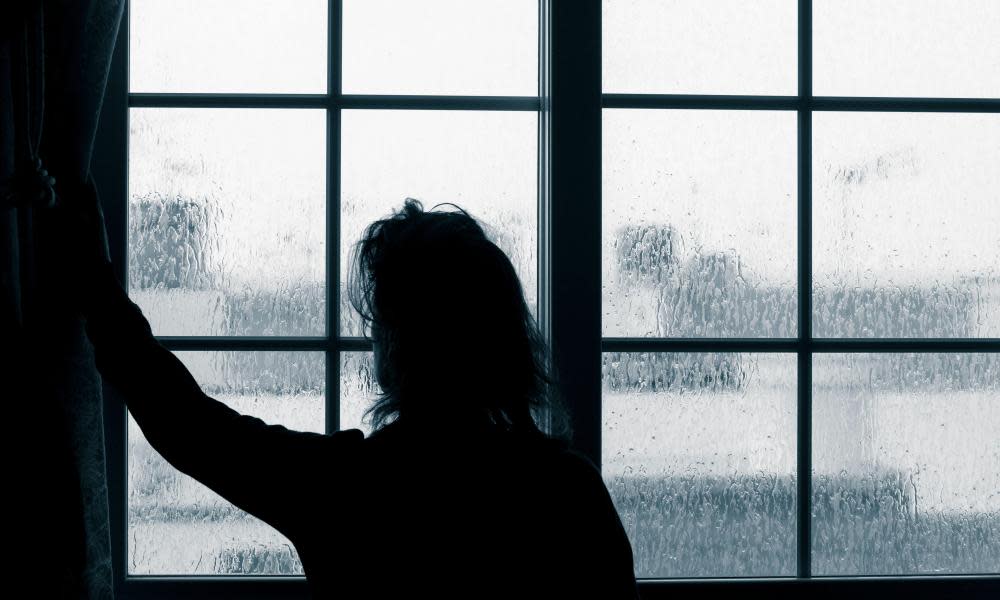UK cost of living crisis putting strain on domestic abuse refuges, says charity

Refuges providing sanctuary to victims of domestic violence are facing severe strains as a result of the cost of living crisis, a charity has warned.
Rising prices are creating a greater demand for refuge spaces, as increased financial pressure acts as a trigger for abusive partners, while making it more costly for those already in refuge to leave, according to Hestia, a charity providing support to those fleeing domestic abuse in London and south-east England.
The charity’s referral line has had a 30% increase in requests for accommodation in the first three months of 2022, with the situation expected to worsen as inflation rises.
Jo Tilley-Riley, the director of fundraising and communications at Hestia, said: “There are more women needing our refuge spaces – and it is becoming more and more difficult to support women to access the money that is required for them to move on from a refuge to set up their kind of longer-term permanent home.”
With refuges already established across 11 London boroughs, Hestia was able to set up 24 emergency beds during the pandemic, which will remain available due to the increasing demand.
During the coronavirus lockdowns, domestic abuse charities and services reported a surge in calls from women experiencing violence and abuse, while refuges ran out of space. Now, increasing calls into the charity are related to the cost of living crisis, Tilley-Riley said, a result of abusers facing increased financial pressure that has been a trigger for escalating abuse and violence in households.
“Sometimes I think: ‘Why did I call the police?’ because at least my son was being provided for and we had food. Now we have nothing,” said Rohana, who fled an abusive partner with her son. “But I think at least we are safe and that’s worth a lot. But it’s very hard. I only eat one meal a day – everything goes on my son.”
Research by the University of Loughborough found the cost for a single mother and two children to relocate from a refuge has risen by £1,500 since 2020. The cost over the first year after leaving a refuge has risen by £5,000, nearly an 11% increase.
“The system is not working for victims of domestic abuse and it’s only going to get harder. I’m exhausted and I’m dreading the next lot of gas and electricity bills,” said Rohana, whose name has been changed.
Other charities across the country are also seeing evidence of the emerging trend.
The UK’s largest domestic abuse charity, Refuge, has noticed the effect of the cost of living crisis on survivors in their service, and are publishing data next week. Women’s Aid is conducting a survey to find out what impact the financial crisis is having on those who have experienced domestic abuse in the last year.
“The cost of living crisis is having a detrimental impact on those experiencing domestic abuse. Families are coming under significant strain. We need to act quickly and we need to act now,” said Pat Ryan, Hestia’s chief executive.
If you are experiencing domestic abuse you can contact the Refuge freephone 24-hour national domestic abuse helpline: 0808 2000 247 or visit www.nationaldahelpline.org.uk

 Yahoo Movies
Yahoo Movies 
